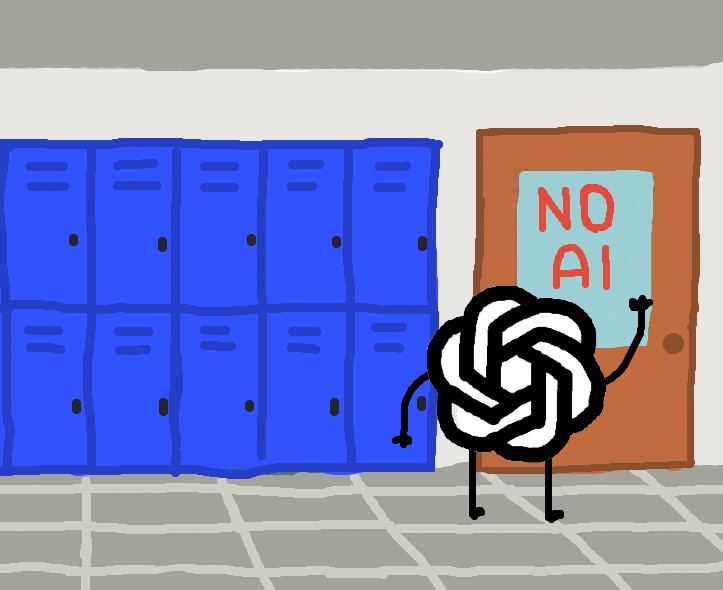History is being censored right under our noses. Republican lawmakers across the country have co-opted the latest buzzwords to throw around: critical race theory, or CRT. They insist that CRT is anti-American, anti-white propaganda infiltrating the schools of America. But what is CRT? To Republican lawmakers, acknowledging the existence of racism or the civil rights movement is CRT. These lawmakers have been pushing this straw man to pass new legislation around what should and shouldn’t be taught in schools. This should concern us all.
The Texas Senate, with a Republican majority, recently passed Senate Bill 3, changing existing legislation to remove the requirement of curriculum that looks at racism in America critically. The true meaning of CRT is analyzing the way race and racism affect legal and scholarly institutions. This is a far cry from the way Republican figures are misrepresenting it to white out the past.
The bill removes the requirement that documents recording racism in America are taught, like Rev. Dr. Martin Luther King Jr.’s famous “I Have a Dream” speech, his “Letter from Birmingham Jail” and several other important accounts of the civil rights movement.
The bill also dictates that teachers “may not be compelled” to discuss current events or controversial issues and that when teaching such issues, they should strive to examine all points of view without “deference” to a certain perspective.
At first glance, this equal treatment of viewpoints doesn’t sound so bad. Upon closer examination, however, the provision opens up a Pandora’s box of scary possibilities. If a teacher is examining the history of oppression in America, whether it be through race, class, or gender, they might feel compelled by the bill to treat the perspective of the oppressor and the perspective of the oppressed with similar weight. For too long, history curricula in schools has been skewed to defer to the perspective of the white oppressor. Now, when the tide has started to turn toward more critical evaluation of such historical events, Republican legislators have swept the rug out from under this momentum and turned our progress backwards.
We have a responsibility as a nation to understand that our past isn’t always something to be proud of. But we can never achieve the values of liberty and equality set out in the Constitution if we don’t acknowledge how we got to this point in our society. SB 3 reveres our nation’s founding principles but frames institutional structures of inequality like racism as unrelated deviations from those original values. CRT establishes that while those structures are intertwined, we can still move forward.
Republican representatives have taken the concept of CRT and warped the reality to frame a critical approach to history as a threat to all that is American. If these scare tactics and misinformation campaigns go unchallenged, conservative leaders will be able to rewrite any bit of history unfavorable to them. These laws need to be overturned. School history lessons need to acknowledge history that isn’t whitewashed, and teachers and staff need to be able to do their jobs.
Republican legislators want to teach that racism is a blameless phenomenon, as if it is not woven into our history just as much as early ideals like, life and liberty. To move forward with the future, we must first critically examine our past.








